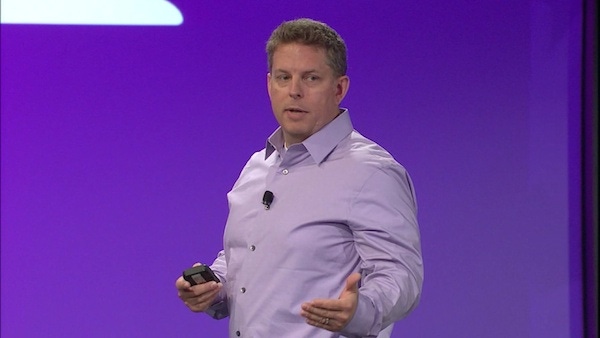How did this week's Microsoft (MSFT) Azure Storage services outage happen? We've got the details, plus some tips for managed service providers (MSPs) who rely on public cloud infrastructure to deliver their own services.

Have trouble accessing your Microsoft (MSFT) Azure Storage services account Tuesday evening? You weren’t alone. An Azure Storage outage this week interrupted services across the United States, Europe and parts of Asia. We’ve got the details, plus some tips for managed service providers (MSPs) who rely on public cloud infrastructure to deliver their own services.
The AWS outage began Tuesday night and lasted until approximately 8:30 a.m. ET on Wednesday, and Ars Technica pointed out that customers were unable to use Azure for about 11 hours.
Microsoft Corporate Vice President Jason Zander yesterday made the following statement about the outage in a blog post:
“Azure Storage services experienced a service interruption across the United States, Europe and parts of Asia, which impacted multiple cloud services in these regions … I want to first sincerely apologize for the disruption this has caused … As part of a performance update to Azure Storage, an issue was discovered that resulted in reduced capacity across services utilizing Azure Storage.”
Zander noted Microsoft is investigating the outage and will continue to provide updates.
“When we have an incident like this, our main focus is rapid time to recovery for our customers, but we also work to closely examine what went wrong and ensure it never happens again. We will continually work to improve our customers’ experiences on our platform,” he wrote.
What can MSPs learn from the Azure outage?
Cloud service outages can impact managed service providers (MSPs) that host their services in the public cloud. And Tuesday’s outage is not the first to hit a large public cloud provider.
For example, consider the impact of last year’s outage.
Amazon Web Services (AWS) experienced an outage in Aug. 2013 that lasted less than an hour. However, the incident caused problems for Instagram, Vine and other popular websites.
Amazon.com (AMZN), meanwhile, also suffered an outage in Aug. 2013 that some experts said could have cost the online retail giant more than $1,100 per second.
How can MSPs prepare for a cloud outage? Gartner Research Vice President Jay Heiser earlier this year shared several tips with CIO Insight that MSPs can use to get ready for a cloud outage:
Understand that outages can happen at any time – “There’s a fairly high degree of certainty that at some point an outage will occur,” Heiser said. Understanding the impact of an outage, Heiser said, can help an MSP prepare for the worst-case scenario.
Develop a contingency plan – “Any business using the cloud must ensure that a contingency plan is in place,” Heiser noted. An effective contingency plan should encompass everything from a short-term outage to a cloud services provider (CSP) exiting the business.
Go beyond backing up data – “It’s not enough to make sure that all data is backed up,” Heiser said. In addition to backing up data, Heiser recommended MSPs create strategies to ensure that they can access sensitive information and redeploy it at any time.
Heiser added that cloud challenges are unlikely to disappear any time soon, but MSPs that become more vigilant about protecting their data could minimize their financial losses and reputational damage if a cloud outage occurs.
Share your thoughts about this story in the Comments section below, via Twitter @dkobialka or email me at [email protected].
About the Author(s)
You May Also Like


